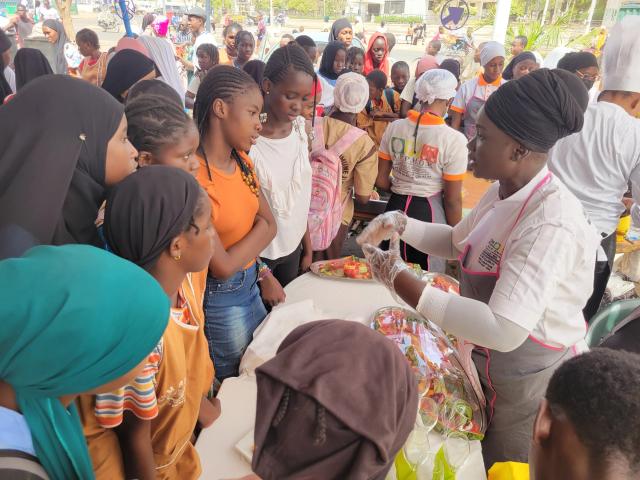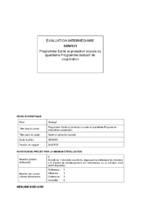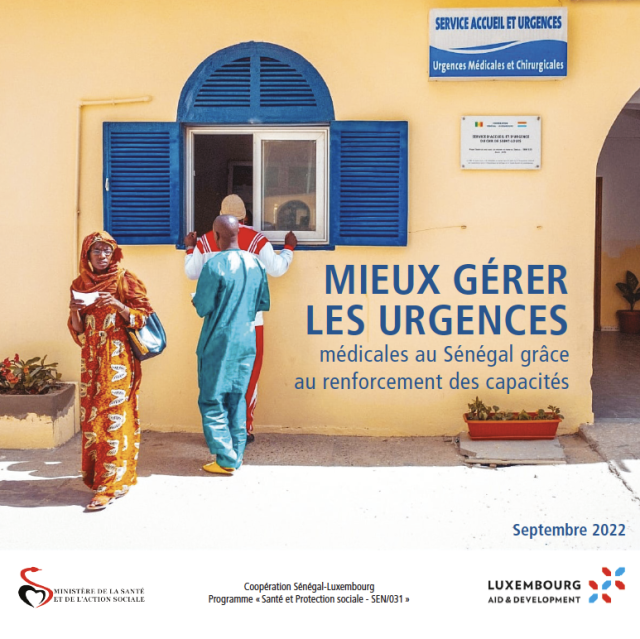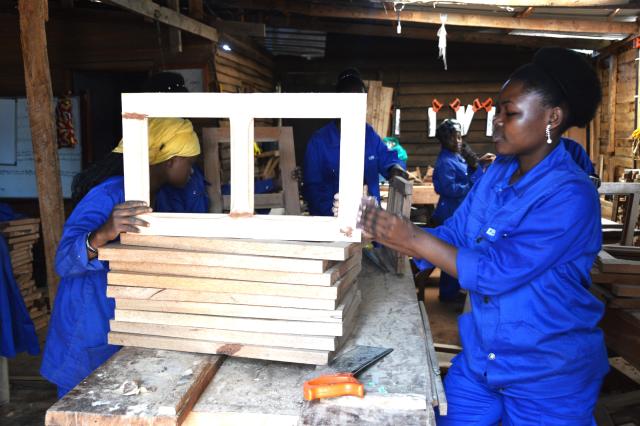Health and social protection
Closed
©Phototigui

Preview
Donor(s)
- Luxembourg
Implementation period
01.10.2018 - 31.12.2025
Total duration
87 months
Context
In support of the national sectoral policy, the Health and social protection programme under the fourth Indicative Cooperation Programme between Senegal and Luxembourg contributes to the health sector in Senegal by addressing identified needs and aligning with the government's health policy priorities as outlined in "Sénégal 2050: agenda national de transformation". It aims to achieve sustainable and substantial change through the strengthening of human and institutional capacities, with a particular focus on maternal and child health, medical and surgical emergencies management, non-communicable diseases, and access to universal health coverage, in line with Sustainable Development Goal 3 (good health and well-being).
Senegal has made significant progress in the field of health. However, challenges remain, particularly in the fight against maternal and neonatal mortality and in emergency management. The rise in non-communicable diseases, such as cardiovascular diseases, is a major concern. The country also faces a shortage of health infrastructure and an unequal distribution of healthcare personnel.
Objectives
The programme aims to strengthen the health and social protection system with the objective of improving access for vulnerable populations to quality, efficient and equitable healthcare services.
The programme's interventions focus on four major areas:
- strengthening the provision of services at the level of health districts, with a focus on maternal and neonatal health;
- strengthening the supply of services at hospital level to improve access to emergency and referral services;
- strengthening health insurance and other social protection measures;
- improving sectoral governance.
In line with these areas of intervention, the main priorities of the programme are to:
- strengthen the systems for dealing with emergencies and non-communicable diseases;
- contribute to the professionalisation and expansion of mutual health organisations;
- strengthen the steering, coordination and management capacities of the national health development plan.
Beneficiaries
The beneficiaries of the programme are populations living in both rural and urban areas, particularly pregnant women, newborns, people suffering from chronic diseases, victims of medical and surgical emergencies, and people with disabilities or in economically vulnerable situations.
Geographical area
The programme operates across eight medical regions (Saint-Louis, Matam, Louga, Diourbel, Fatick, Kaolack, Kaffrine and Ziguinchor), as well as at the Abass Ndao Hospital Centre in Dakar, covering a population of approximately 8 million people — around 45% of the Senegalese population.
Stakeholders
LuxDev provides technical support to the Ministry of Health and Social Action and its subordinate bodies, such as the Agence Sénégal couverture sanitaire universelle and the SAMU, as well as to decentralised technical services. At the local level, the main stakeholders include non-governmental organisations and community-based organisations.
Budget
Total budget
EUR 43,800,000
Contribution breakdown
-
EUR 36,200,000
Ministry of Foreign and European Affairs, Defence, Development Cooperation and Foreign Trade
-
EUR 5,000,000
Fonds des Nations unies pour la population
-
EUR 2,600,000
Ministère de la santé et de l'action sociale
Other contributions
Documentation
Explore more
LuxDev implements other projects and programmes in the same country or sector.
All projects-

In execution Senegal
Vocational and technical training and employability
Education, vocational training and employment
Vocational and technical training and employability -

In execution Senegal
FIT! Senegal Initiative
Education, vocational training and employment
FIT! Senegal Initiative -
In execution
Support to the hospital and the Panzi Foundation
Health
Support to the hospital and the Panzi Foundation






